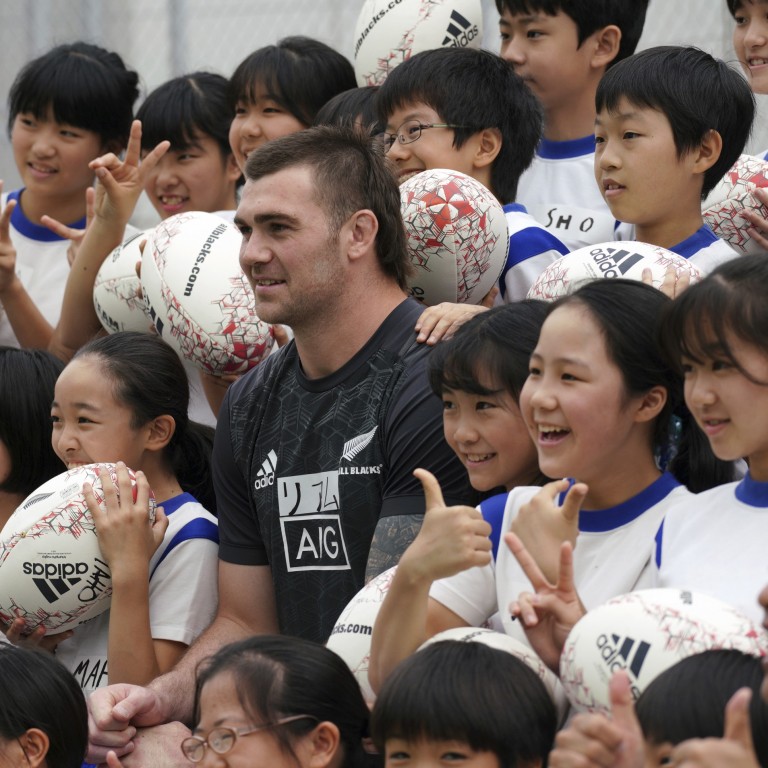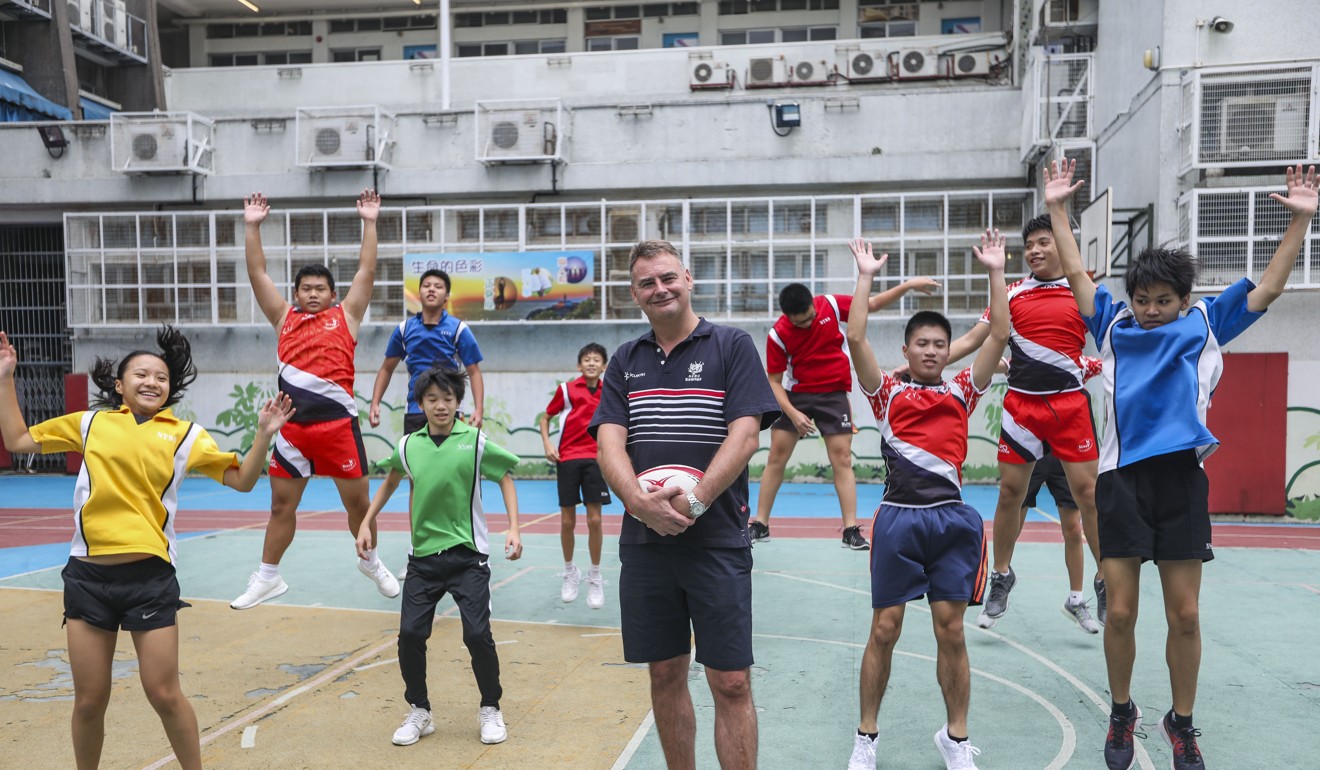
Rugby World Cup 2019: 1.8 million new rugby participants in Asia with Japan event a watershed in global development
- World Rugby says its Impact Beyond legacy programme has helped to increase rugby popularity in Asia over the past four years
- Hong Kong has also seen a rise in youngsters introduced to the sport, with more than 139,000 participants since the last World Cup
Around 1.8 million new rugby enthusiasts have emerged across Asia since 2016 as World Rugby prepares to open the first-ever Rugby World Cup in the continent.
Japan, hosts of the 2019 tournament that kicks off on Friday, is responsible for 1 million new participants as a result of the global governing body’s Impact Beyond legacy programme.
The mission to grow the game globally and make a positive impact through the power of rugby is part of a partnership between World Rugby, the Japan Rugby Football Union and Asia Rugby, and has exceeded expectations.
“The incredible achievement of reaching 1.8 million new rugby participants in Asia through the Impact Beyond legacy programme is a wonderful example of the outstanding efforts being put into action to convert this once-in-a-lifetime opportunity to grow rugby in Asia and around the globe,” said World Rugby Chairman Bill Beaumont.
In Japan alone more than 769,000 schoolchildren have been introduced to tag rugby in more than 6,000 elementary schools. The programme has also helped to train 10,622 tag teachers who will continue to produce players even after the Rugby World Cup 2019 has finished.
Hong Kong has also been part of that growth. The Hong Kong Rugby Union’s Get Into Rugby programme has seen a total of 139,065 youngsters experience the sport – at least once – since the last Rugby World Cup. In 2015, there were 3,909 players with the figure growing to 43,412 in 2018. By August this year, 27,981 youngsters have so far been introduced to the game.

Hong Kong’s growth rate is ranked fourth in Asia and fifth in the world.
“Our main area of growth has been in local schools – over the past four years we have gone from a handful of schools to having rugby programmes of various descriptions in 260 plus local primaries and 100 plus local secondary schools,” said union chief executive Robbie McRobbie.
“This growth has been supported by the HSBC TRY Rugby initiative, through which all new PE teachers graduating from the Education University of Hong Kong have now completed a basic touch rugby coaching qualification as part of their course.”

Beaumont said the decision to stage the 2019 tournament in Asia for the first time is justified.
“The success of Impact Beyond is testament to the hard work of our colleagues at Asia Rugby and the unions,” he said.
“The World Rugby Council awarded the Rugby World Cup to Japan because we believed that it could be a powerful game-changer for sporting and social change in Asia, the world’s most populous and youthful continent and the success of the Impact Beyond programme is a very important step on the journey.”
He said the Rugby World Cup 2019 will also deliver a tangible legacy for Japanese infrastructure. A new stadium was built in Kamaishi, a region devastated by the 2011 tsunami, and two others have been completely refurbished, in Hanazono and Kumagaya, bringing them up to international test match level.

